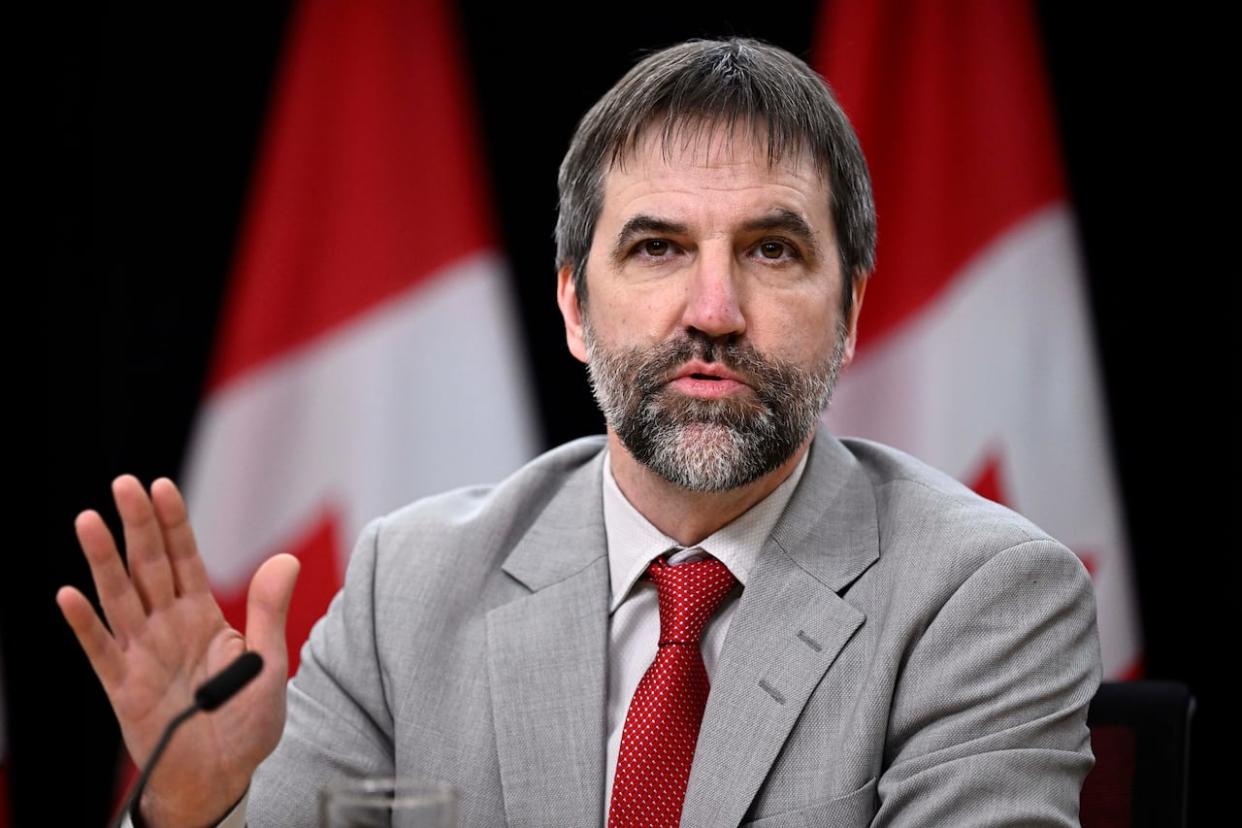Ottawa noncommittal on continuing N.W.T.'s lower carbon fossil fuel heating rebates

Ottawa has acknowledged the N.W.T. government wants to be exempt from federal funding criteria that limit the rebates it can offer residents — but it hasn't said whether or not it will grant the request.
A new version of the Low Carbon Economy Leadership Fund stipulates the money it gives to provinces and territories to reduce greenhouse gas emissions can't be used for fossil fuel-burning appliances. The change means the N.W.T. government can no longer use it to give residents rebates on high-efficiency fossil fuel-burning furnaces, water heaters and boilers.
The territory asked for an exemption to the new rules, arguing that there are no good alternatives for northerners and that highly efficient appliances produce fewer greenhouse gasses than inefficient ones.
A spokesperson for Environment and Climate Change Minister Steven Guilbeault said in an emailed statement Friday afternoon the department was aware of the N.W.T.'s request.
"Departmental officials will continue to engage with N.W.T. officials to explore flexibilities and solutions for priorities that align with the Low Carbon Economy Fund's objectives," wrote Kaitlin Power.
Power said Environment and Climate Change Canada recognizes the territory's "unique circumstances" and it will keep working with the N.W.T. to "advance shared priorities."
CBC News reached out to N.W.T. Infrastructure Minister Caroline Wawzonek on Friday for a statement. In an email on Monday afternoon, Nicole Bonnell, a ministerial press secretary, said Wawzonek's office had been in contact with federal officials to talk about the funding agreement on Friday.
"While there was no definitive outcome from that conversation, we reiterated the importance of a timely decision," wrote Bonnell. "Our next steps involve continuing to engage with Minister Guilbeault's office on the status of the application, in addition to ongoing advocacy to ensure the unique needs of the N.W.T. are addressed in our transition to a lower carbon future."
In a statement to CBC News, N.W.T. MP Michael McLeod said federal and territorial officials were committed to addressing issues with the funding program together.
"I strongly support their work to ensure this program has the necessary flexibility to ensure it can effectively support emissions reductions efforts in the Northwest Territories," he said in an email.
Last week, Wawzonek said excluding high-efficiency propane furnaces and boilers from funding eligibility "fails to consider [the N.W.T.'s] current limited alternatives."
According to Guilbeault's office, one of the fund's objectives is to support technologies with "proven greenhouse gas emissions reductions" that will help Canada toward its goal of becoming net-zero by 2050.
The Arctic Energy Alliance distributes the N.W.T.'s energy efficiency rebates — which rely on federal funding. A high-efficiency furnace, for example, qualified for a rebate of between $1,500 and $2,000. The organization gave out rebates for 35 water heaters, 33 furnaces and 10 boilers in 2022-2023 according to its most recent annual report.


